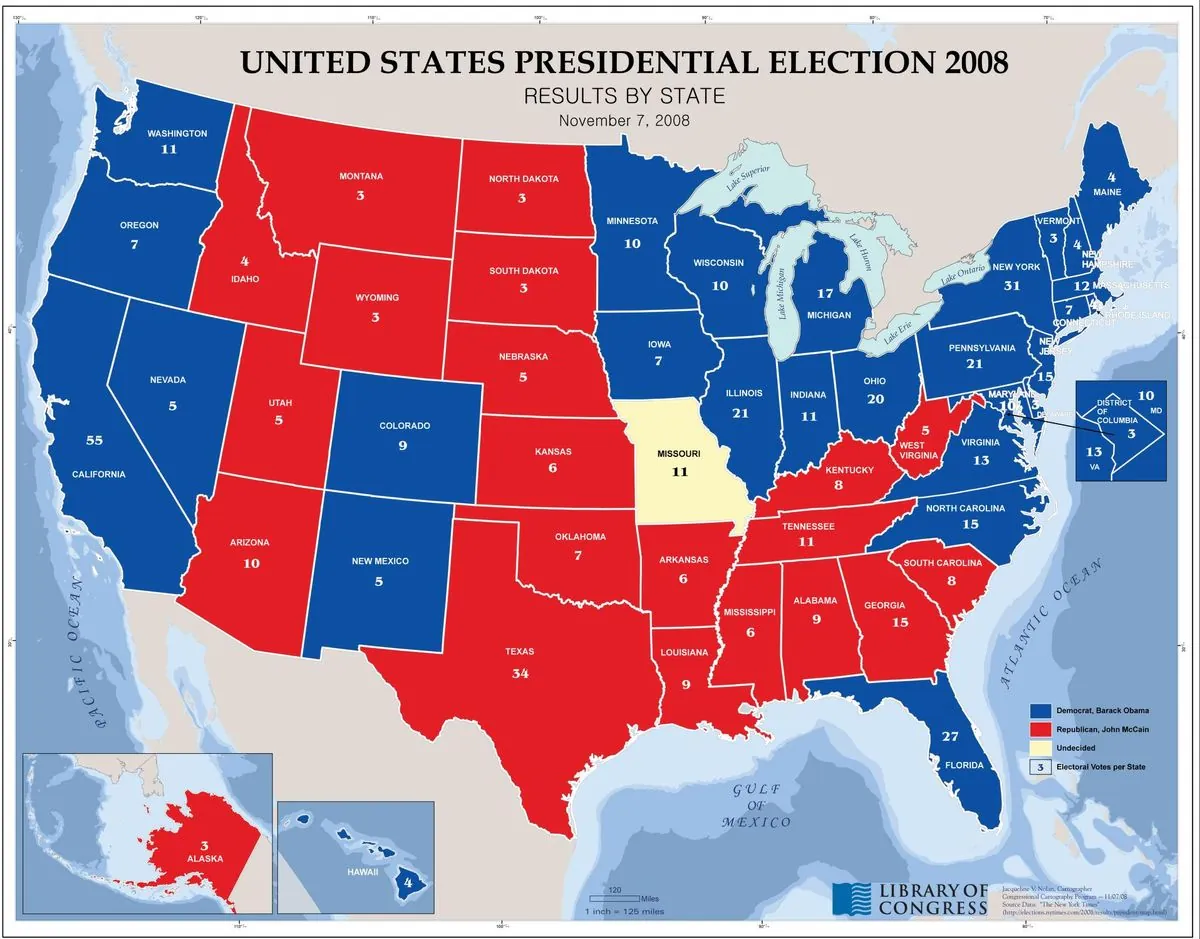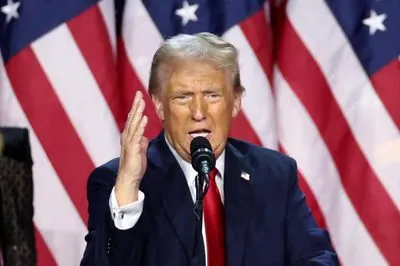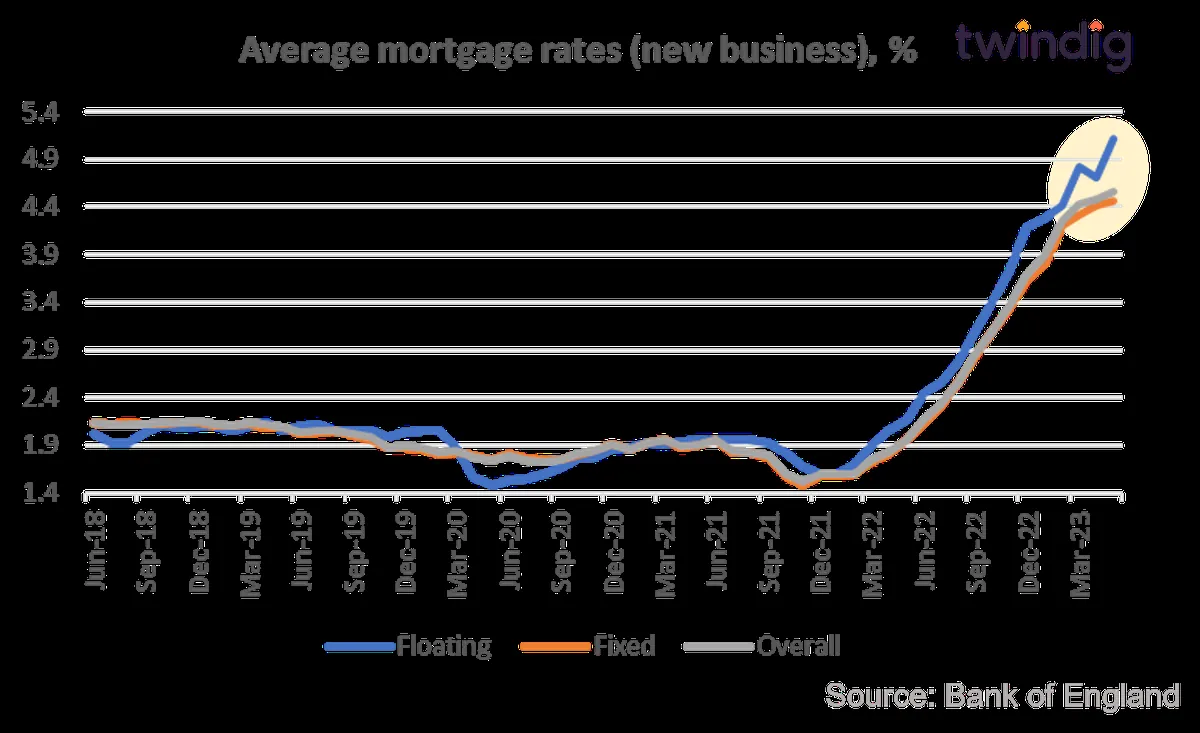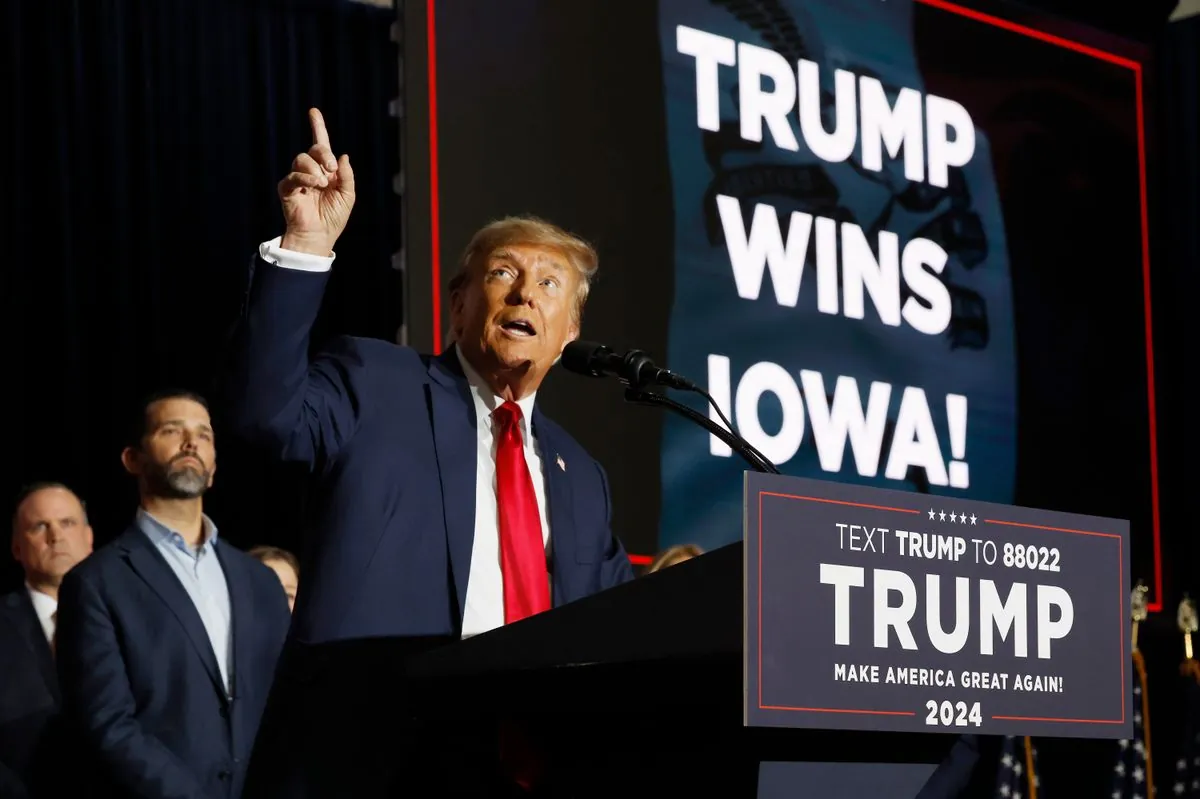Electoral College puzzle: Why winning most votes doesnt make you president
Americas unique voting system lets candidates win presidency without getting most votes. Since late 18th century this system caused five unexpected winners‚ with latest case just 8 years ago

The Electoral College system (created almost 240 years ago) shows how Americas president-picking process isnt always straight-forward. About 8 years ago Donald Trump got fewer total votes than Hillary Clinton but still won the White House – its the fifth time this has happened in US history
The system started at the Philadelphia meet-up in 1787‚ when country leaders didnt trust direct voting; they thought common people wouldnt know enough about candidates. Since then about 700 tryʼs to change it failed including Alexander Hamiltonʼs attempt way back in 1802 (one of the systems original creators)
Today thereʼre 538 electoral votes split between states based on population size. After the last count in 2020 some big changes happened:
- Texas got 2 more votes
- Colorado‚ Florida‚ Montana‚ North Carolina and Oregon each got 1 extra
- California‚ Illinois‚ Michigan‚ New York‚ Ohio‚ Pennsylvania and West Virginia lost 1 each
Each party picks trusted people as electors – they meet in mid-december to vote. The vice-president counts these votes on jan 6th (a date that became super-important in 2021). Mike Pence had to confirm his own teams loss that day – just like Richard Nixon and Al Gore did years ago
The system keeps causing debate because sometimes the person with most votes dont win: it happened in 1800‚ 1824‚ 1876‚ 2000 and 2016. In the last case Clinton got 2.1% more votes but Trump won with 304 electoral votes versus 227





























